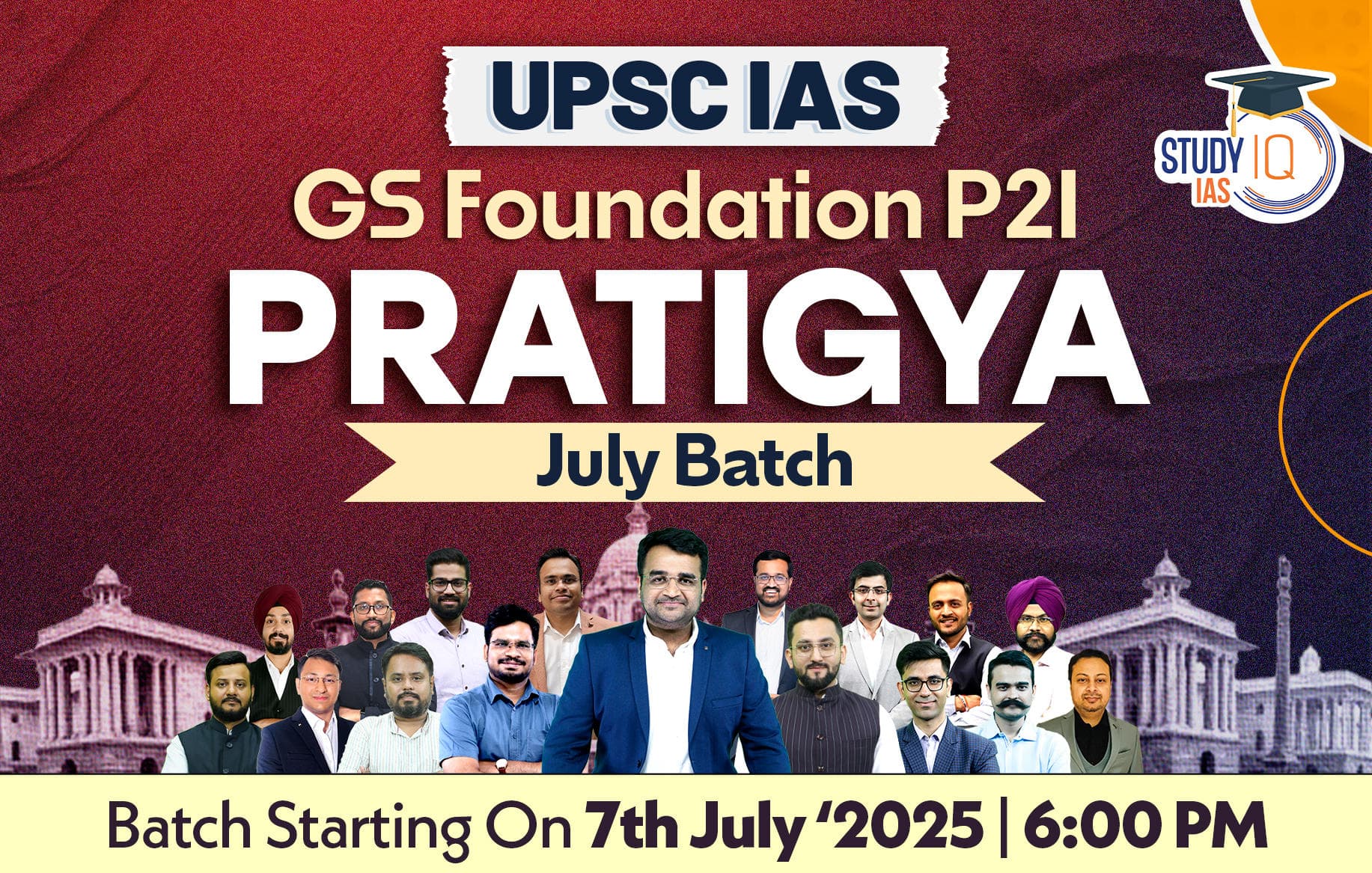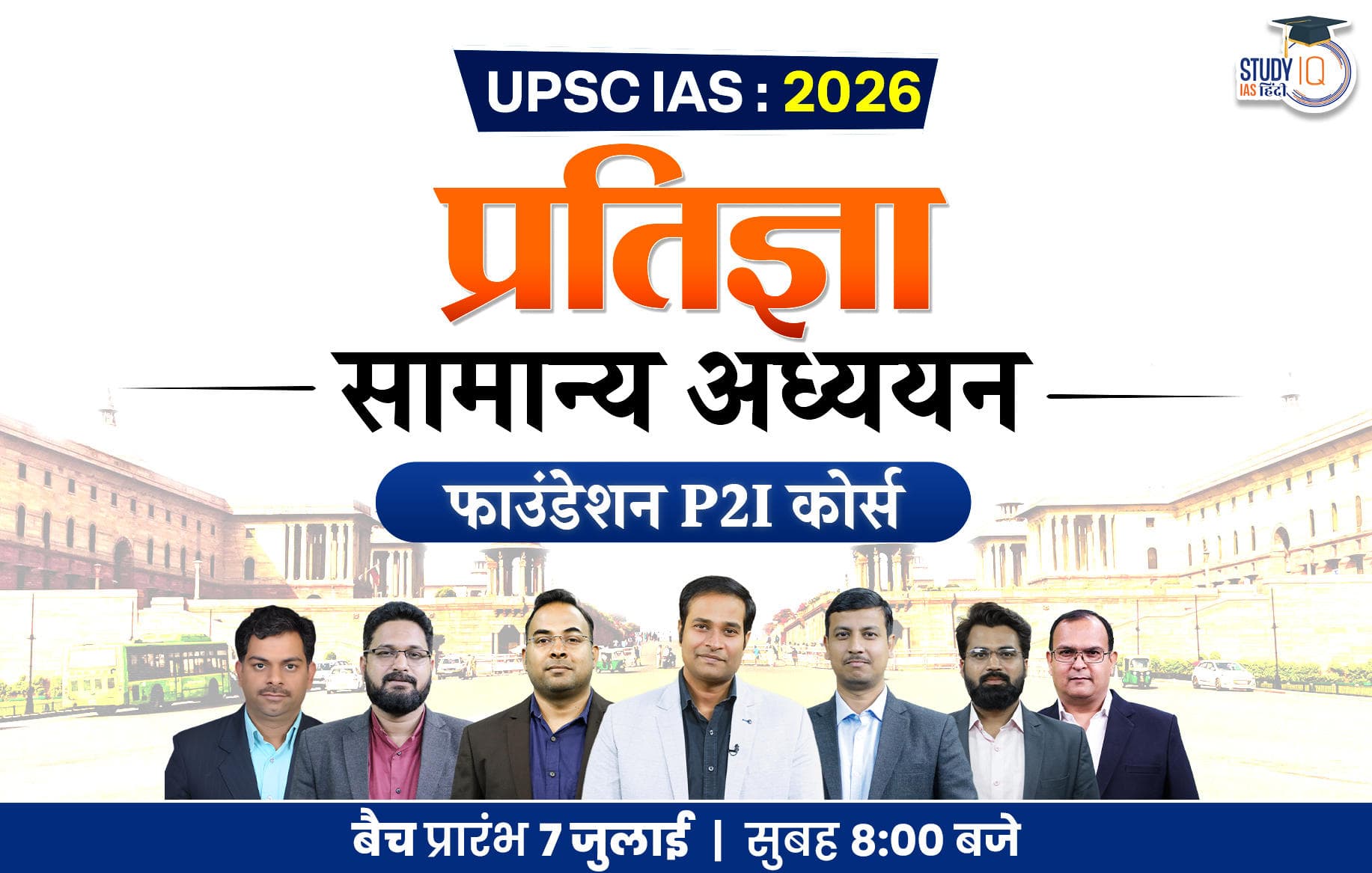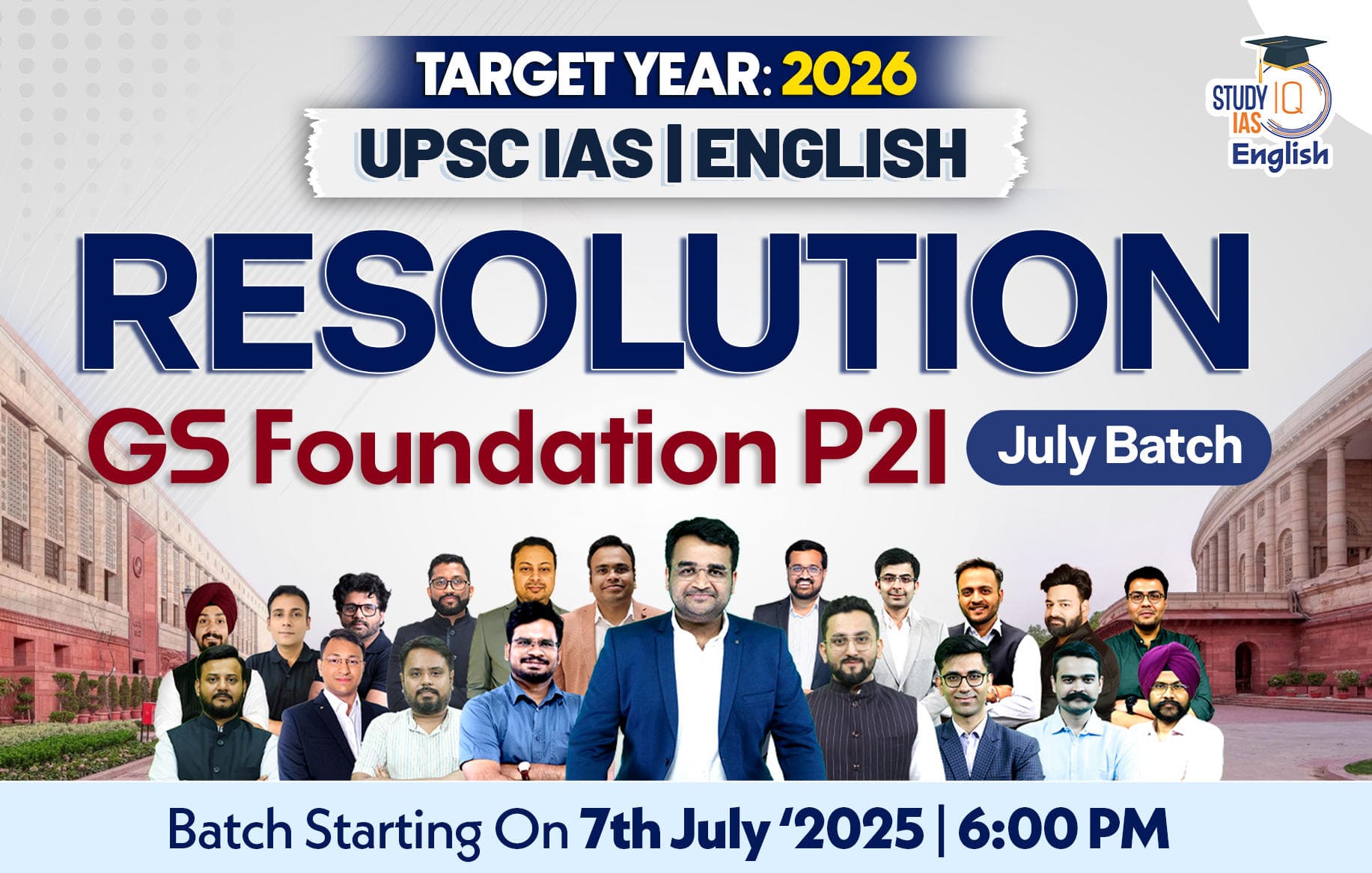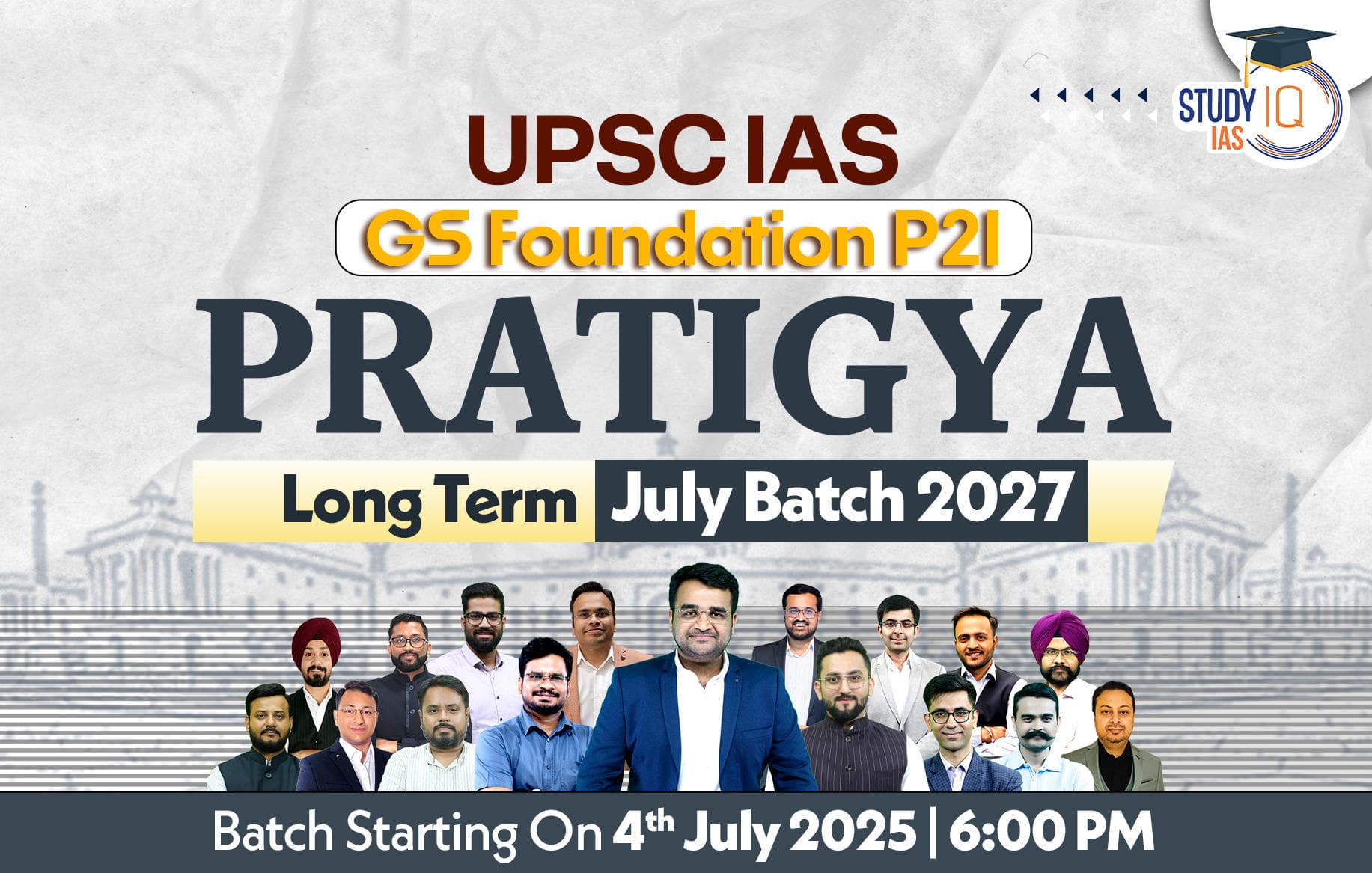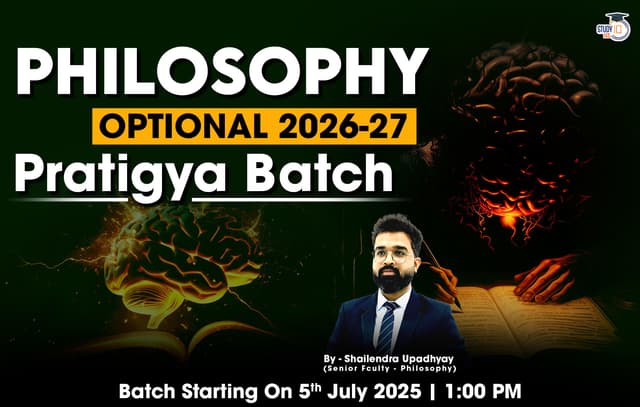Table of Contents
Context: Defence Minister Rajnath Singh initiated a Joint Commanders’ Conference (JCC) to enhance discussions on national security among top military commanders. The inaugural conference took place in Lucknow.
More in News
- The JCC aims to facilitate in-depth discussions between political leadership and military commanders, focusing on professional matters.
- The theme for the inaugural JCC was “Transforming the Armed Forces.”
- The conference is seen as a response to the lack of military engagement in previous years, particularly with the Combined Commanders’ Conference (CCC), which had not been convened in 2019, 2020, and 2022.
Challenges Associated With Defence
- The long-pending issues such as the One Rank, One Pension (OROP) scheme, which has been implemented but with some unresolved strands.
- The government has emphasised self-reliance (aatmanirbharata) in defence manufacturing, restructuring defence PSUs, encouraging the private sector (especially MSMEs), and involving academia in defence research.
- However, the progress is slow, and India remains reliant on imported military hardware.
- Despite efforts towards indigenisation, India’s military continues to rely on foreign suppliers for critical inventory, which undermines its quest for strategic autonomy.
- A 2018 review by the Standing Committee on Defence highlighted that 68% of the Indian Army’s equipment was vintage, 24% current, and only 8% state-of-the-art.
- Modernisation has not received the necessary policy and budgetary support.
- The Indian Air Force operates with only 32 fighter squadrons against the authorised 42, while the Navy struggles with a shortage of fighter aircraft for its aircraft carriers.
- The depreciation of the Indian rupee (from Rs 62.33 per USD in 2014 to Rs 83.47 in 2023) has significantly reduced India’s purchasing power for foreign military equipment.
- Modernisation has not received the necessary policy and budgetary support.
- There is a shortage of 1.55 lakh personnel across the three armed forces, with the Army accounting for the largest gap (1.36 lakh vacancies).
-
- The rushed implementation of the Agnipath scheme has further disrupted recruitment and induction processes, and a review is expected.
- The current political climate is characterised by a decline in quality public discourse, exacerbated by social media’s influence.
-
- There is a noted shift from issue-based discussions to personality-centric politics, complicating public understanding of critical issues like national security.
Conclusion
The 2020 Galwan Valley clash with China and the continued threat of cross-border terrorism serve as reminders that India cannot afford to be complacent regarding border security. There is a need for a comprehensive National Security Strategy to tackle ongoing geopolitical tensions and domestic challenges. A coordinated approach integrating military modernization, economic considerations, and effective governance is crucial for India’s long-term security and stability.

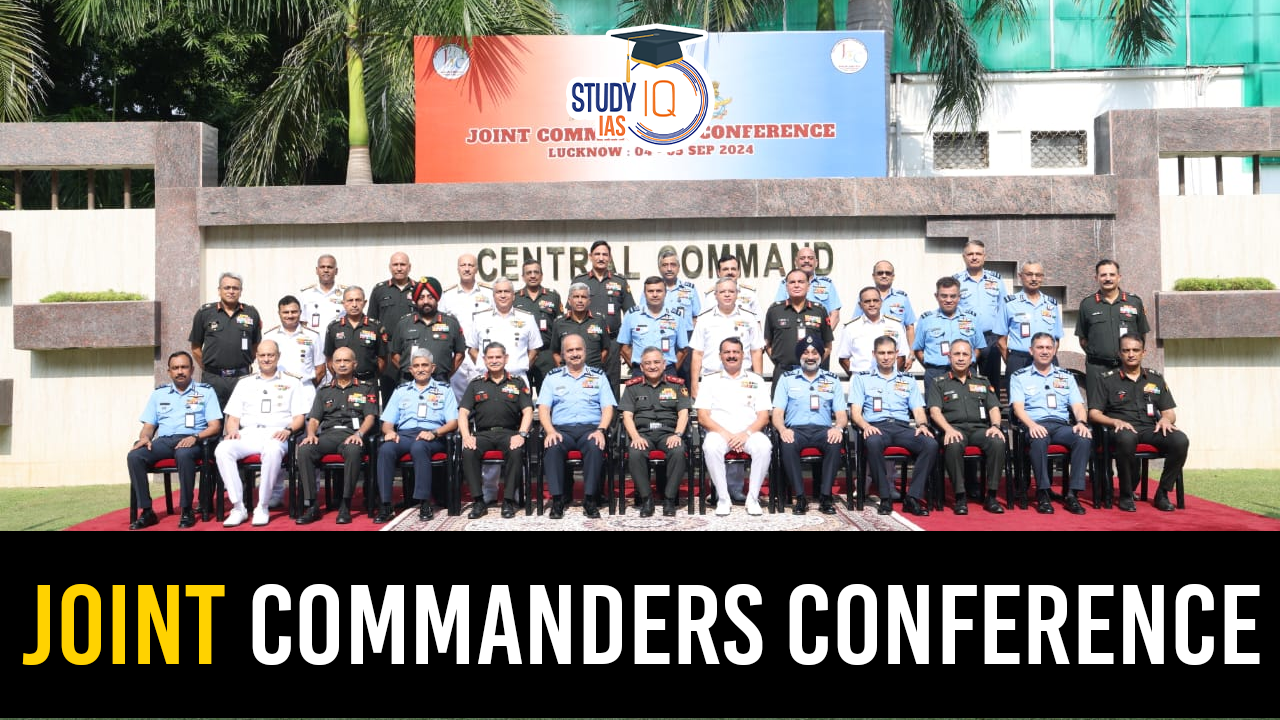
 Bharat Bandh 9 July 2025: Over 25 Crore ...
Bharat Bandh 9 July 2025: Over 25 Crore ...
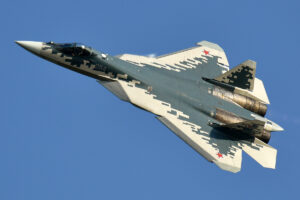 Sukhoi Su-57: Will India Choose Russia�...
Sukhoi Su-57: Will India Choose Russia�...
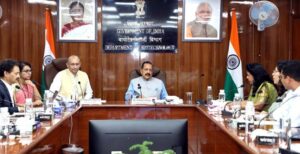 World Bioproduct Day 2025: Date, Theme, ...
World Bioproduct Day 2025: Date, Theme, ...

